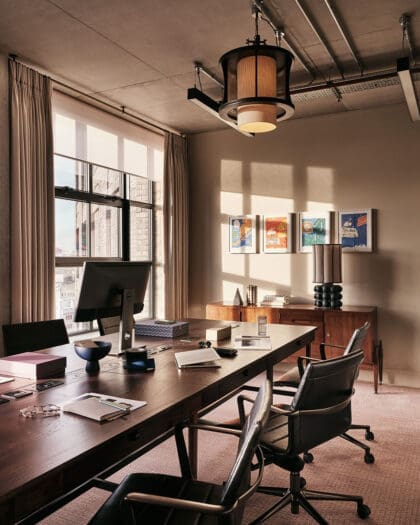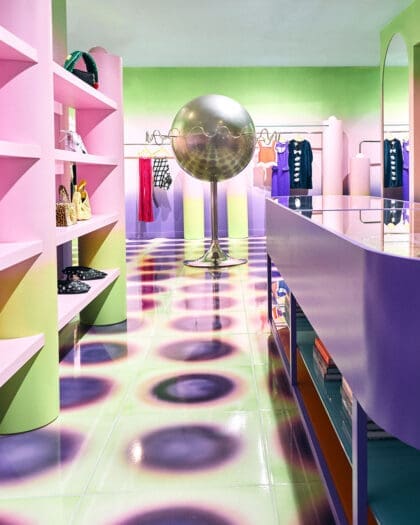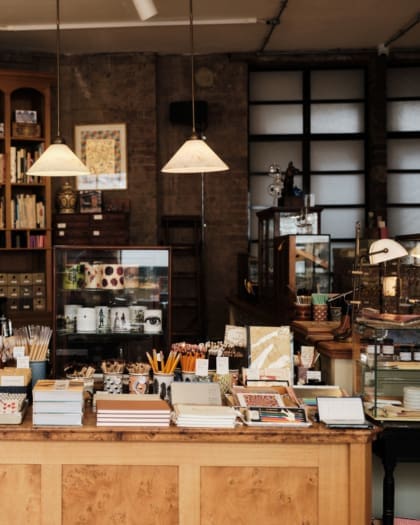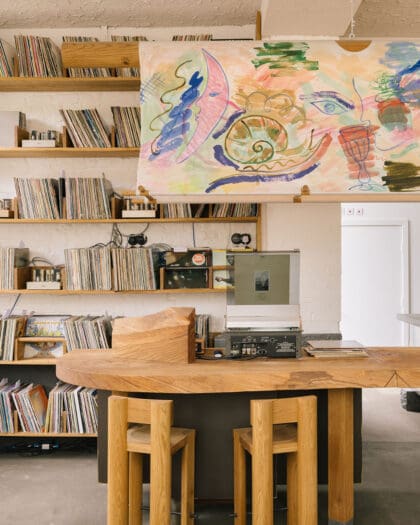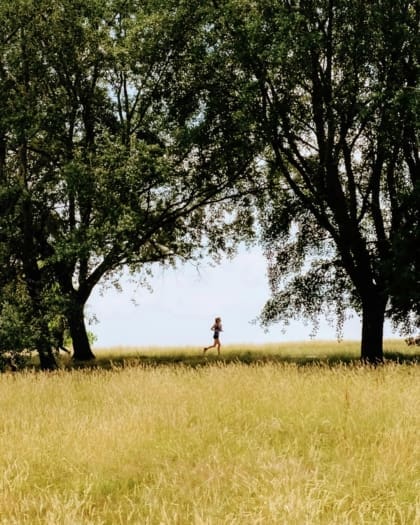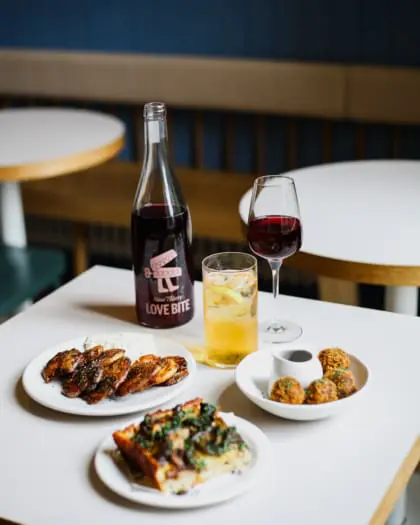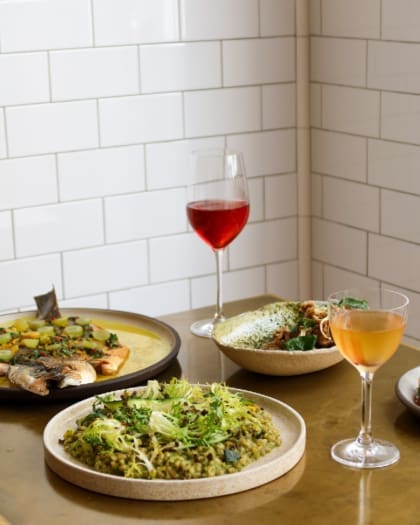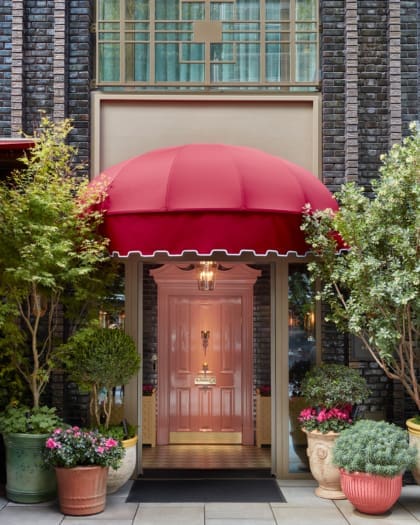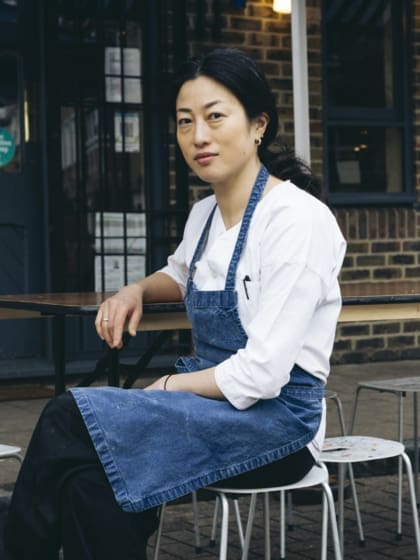
“I wouldn’t say I’m well-travelled, but I’m well-moved:” an interview with chef Shuko Oda
Shuko Oda of London noodle shop Koya has spent her life moving between Japan, London, Los Angeles and beyond. She shares how her journeys have shaped her awareness of other cultures – and made her appreciate her own
“Whenever I go to Japan and we step outside the airport, the light and the colours there feel so different from anywhere else,” says Shuko Oda, co-founder and head chef at cult London noodle group Koya, which has spaces in Soho, City and Hackney. “I have to close my eyes because they’re so strong. And when I’m not in Japan, I carry that feeling with me.”
Accustomed to moving frequently thanks to her father’s job in banking, Oda’s identity as Japanese – and, in fact, the business that she went on to create – was more clearly outlined by the time she spent away from Japan. Undeterred by the distance, her travels made her reach more strongly for her parents’ culture, something that she tucked inside herself and has guarded fiercely.
It’s these travels and their impact that have made Oda ideal for one of the first instalments in our How Did I Get Here? series, exploring how global creatives are influenced by the way they travel.
As Oda reflects on how her journeys have shaped her and the way she cooks, she shares how her longing for Japan inspired her cooking at Koya, which went from a bijou space on Frith Street with queues down the street to a clutch of restaurants, each with a different character, serving broths and bowls to London’s noodle-slurping masses.
It’s Oda’s respect for people living away from their own culture that’s given the chef the vision to incorporate her chefs’ own heritages into the company’s cooking – an approach that has led to Koya’s enduring appeal.
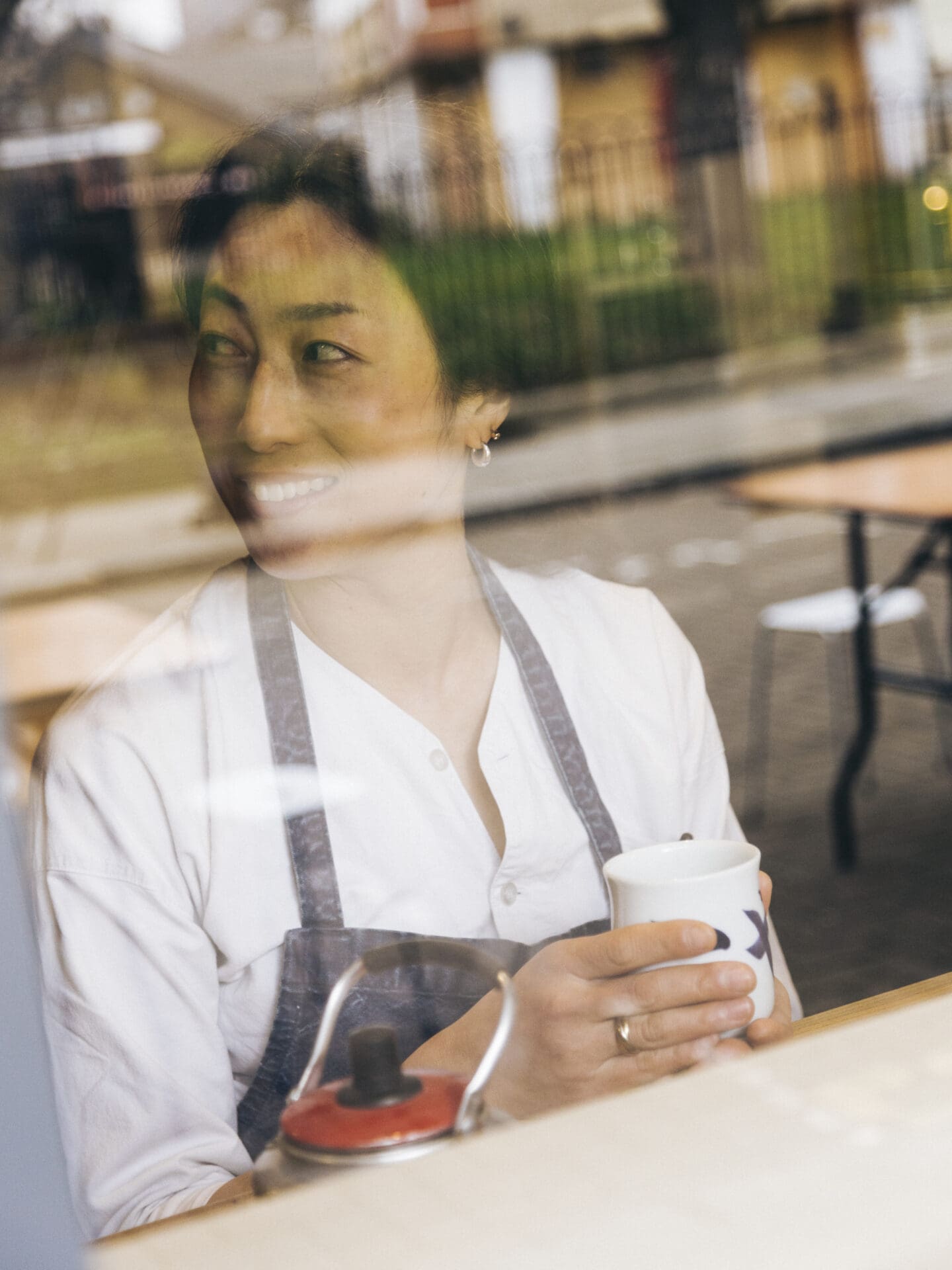
Shuko Oda’s move to London
How did you end up in London?
Until I was 25, I was moving around almost every three years. It’s as if my body clock would tell me to move somewhere after that time span, and I’d get that itch.
It started out with moving around with my father’s business. I was born here in South London, and we were here until I was four. And then we moved back to Japan for three years, then we went to LA for three years. Japan always got sandwiched in between, so after LA we were back in Japan, and then London again, Japan, Los Angeles. It was back and forth, back and forth – so I wouldn’t say I’m well travelled, but I’m well moved, although those stints in different areas of the world meant we could go exploring our neighbouring countries and states.
For the past 13 years, I’ve been settled in London, and I’ve unintentionally ended up very close to where I was born. Once we opened Koya, my partner and I started looking for a place to buy and we moved to Sydenham, which is close to Beckenham, where I was born. It’s funny to think that I’ve gone through all these years of travelling and ended up back almost exactly where I started.
Do you miss that way of travelling?
Especially now after the pandemic, I’m desperate to go away. But in terms of actually moving, I now think about my kids and how they could be as multicultural as I was when I was growing up. I would love to be able to provide something similar to them at some point in their life before they’re in their teens. If we could live in Japan for a year or two, it would do wonders for their language and identity in terms of feeling like they’re Japanese.
Japan is a funny little country and I don’t think you would feel Japanese unless you spent some time living there when you were little. Especially if you’re half Japanese and you look Japanese, you might think you should feel more Japanese and be able to speak Japanese.
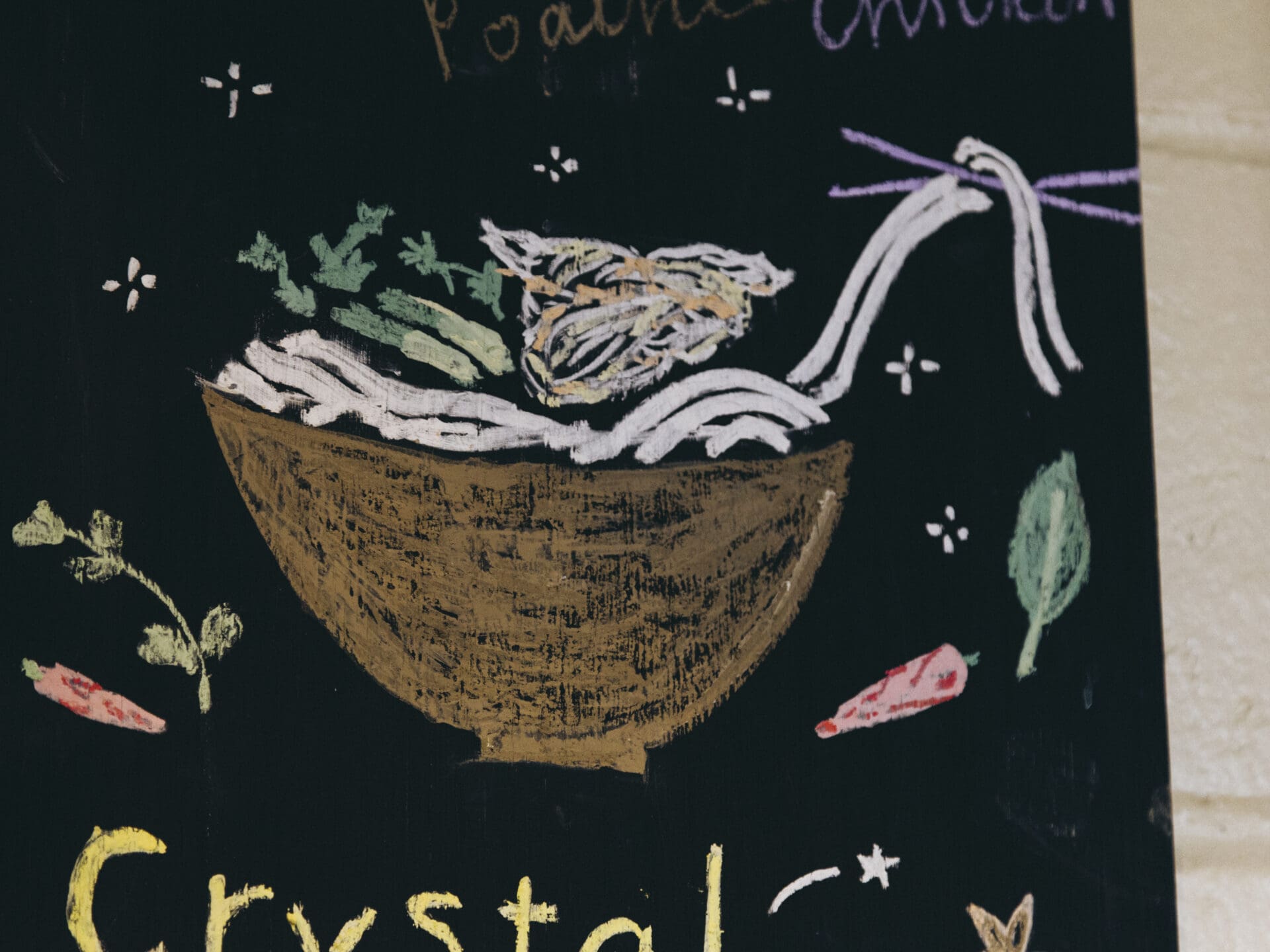
Shuko Oda’s travel experiences
How has the way you’ve moved changed the way that you see things?
Every time you move, you can take a step back from where you were before you made that move. You can see the different cultures and how they identify with you.
Whenever we moved to the States, I didn’t feel that I was more American; I saw how I was more Japanese. My appreciation for certain parts of Japanese culture became more exaggerated every time I moved away. I never really thought about it when I was little, but when I was in my teenage years, I read more in Japanese and listened to Japanese music when I wasn’t actually in Japan. And then when I was in the country, I would miss the English side of my life. I craved English language TV and music. Moving and travelling changes how you appreciate your own culture.
I think I have a certain longing for Japan and I want to be able to feel Japanese. That’s probably why I tried harder to cook Japanese food. I definitely identify strongly with both my parents, who are Japanese. I know that I’ve now spent much more time outside Japan than in Japan during my life, but I still feel like that’s where my identity is.
Do you feel a strong connection to LA?
Many people say I still sound pretty American, so in my language I feel a certain connection, but I actually haven’t been back since we last lived there. It’s ultimately where I learned English, because before that I was only three or four when we were in the UK and I didn’t remember much of the language – but I remember LA’s sunshine. I was nine years old, and that’s an age where you start to shape who you are as a person, and learn how you present yourself to your class at school, and the rest of the world. That’s where I started to learn how to adapt to a new culture and how to be in a new space.
Which country or location most inspires you?
My family has a house in the mountains in Nagano, a prefecture next to Tokyo. It’s somewhere I used to go every summer and every winter so it’s become that same spot that I always come back to, the place where I reflect, get my energy back and remember who I am.
"A journey is an ambience that lingers after words; one that stays within me, more tangible than a memory"
What does a journey mean to you?
A journey for me is anything from people to places, colours to smells and tastes, and all of that together, all at once. But most of all, it’s an ambience that lingers after words, and stays within me as something more tangible than a memory. To me, a memory is what someone said, or a particular dish, but I think a journey is something that you carry along within you.
Whenever I go to Japan and we step outside the airport, the light and the colours there feel so different from anywhere else. I have to close my eyes because they’re so strong. That impression is less of a memory but more of a feeling. It lingers, and it’s always in my mind somewhere in some form.
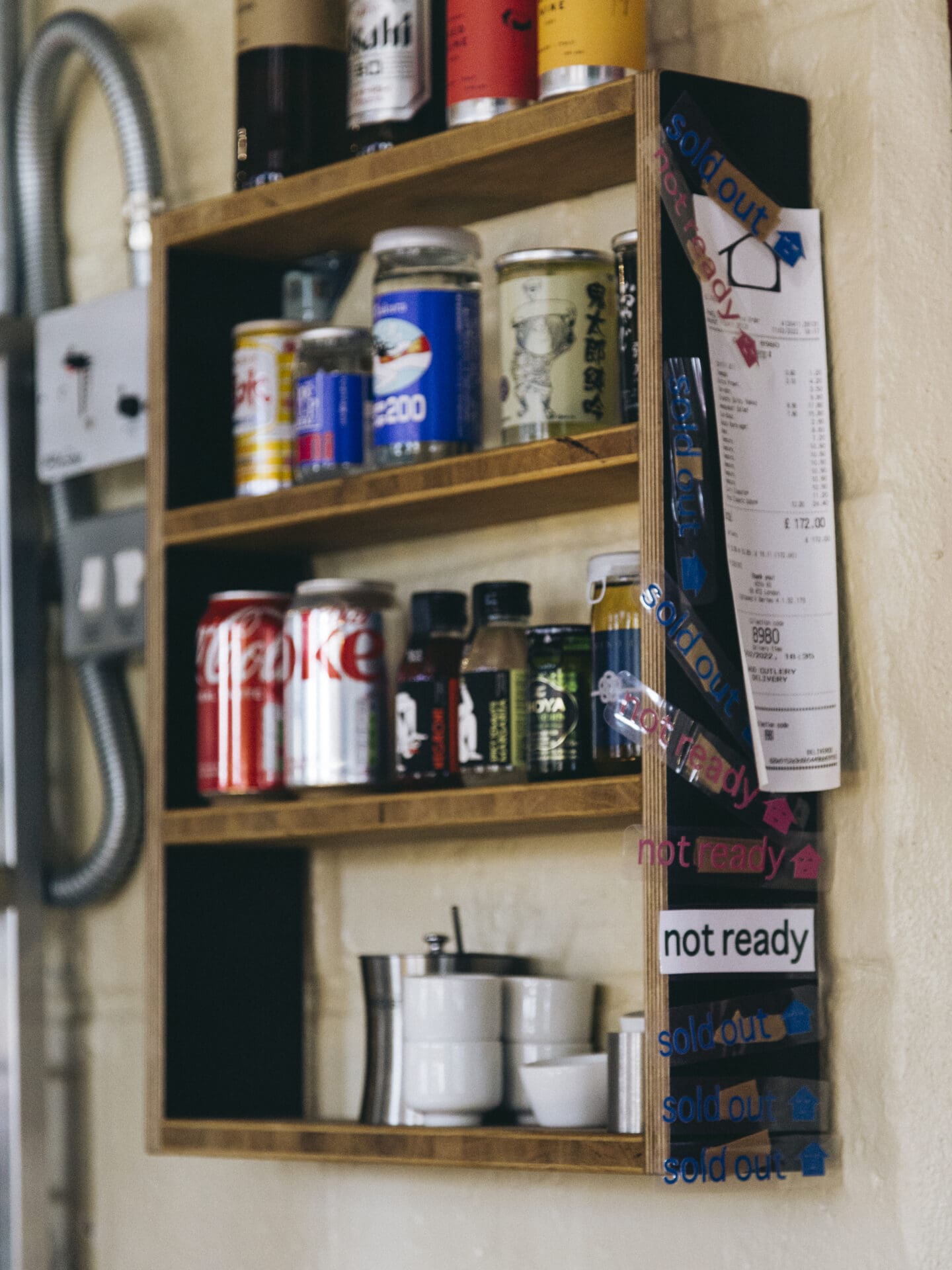
How has travel influenced the way that you cook?
I started cooking when I was in LA, making miso soup because that’s what I wanted as an after-school snack – I didn’t like sweets or chocolate.
I craved Japanese food every time we were abroad, so travelling definitely shaped my cooking. Today I always make sure at Koya that we have a certain level of Japanese flavour and I don’t want to lose that in any of the dishes.
Because I’ve moved so many times and met so many people, I know that different cultures are what are so valuable to all of us. London is such a multicultural city and in the kitchen I always love hearing about what the different chefs from the different countries grew up eating, and try to think of a way of interpreting that in a Japanese way.
For example, we have a Portuguese head chef in City. This particular cuisine is quite an easy adaptation because a lot of Japanese food stems from Portuguese cuisine, thanks to a Portuguese ship that arrived in Japan in the 16th century in the Edo period. There’s a very famous Japanese egg dish and it originates from Portugal, as does tempura. At the moment at Koya City we have an udon with a tonkotsu pork bone broth on the menu, but my head chef has done a version where he adds steamed clams with white peppery sauce.
Another one we’ve done was by a chef from Africa, who made mackerel dumplings in our dashi, based on what his mum and grandma used to make for him. It’s stories like these that shape our menu, because our staff are a representation of London.
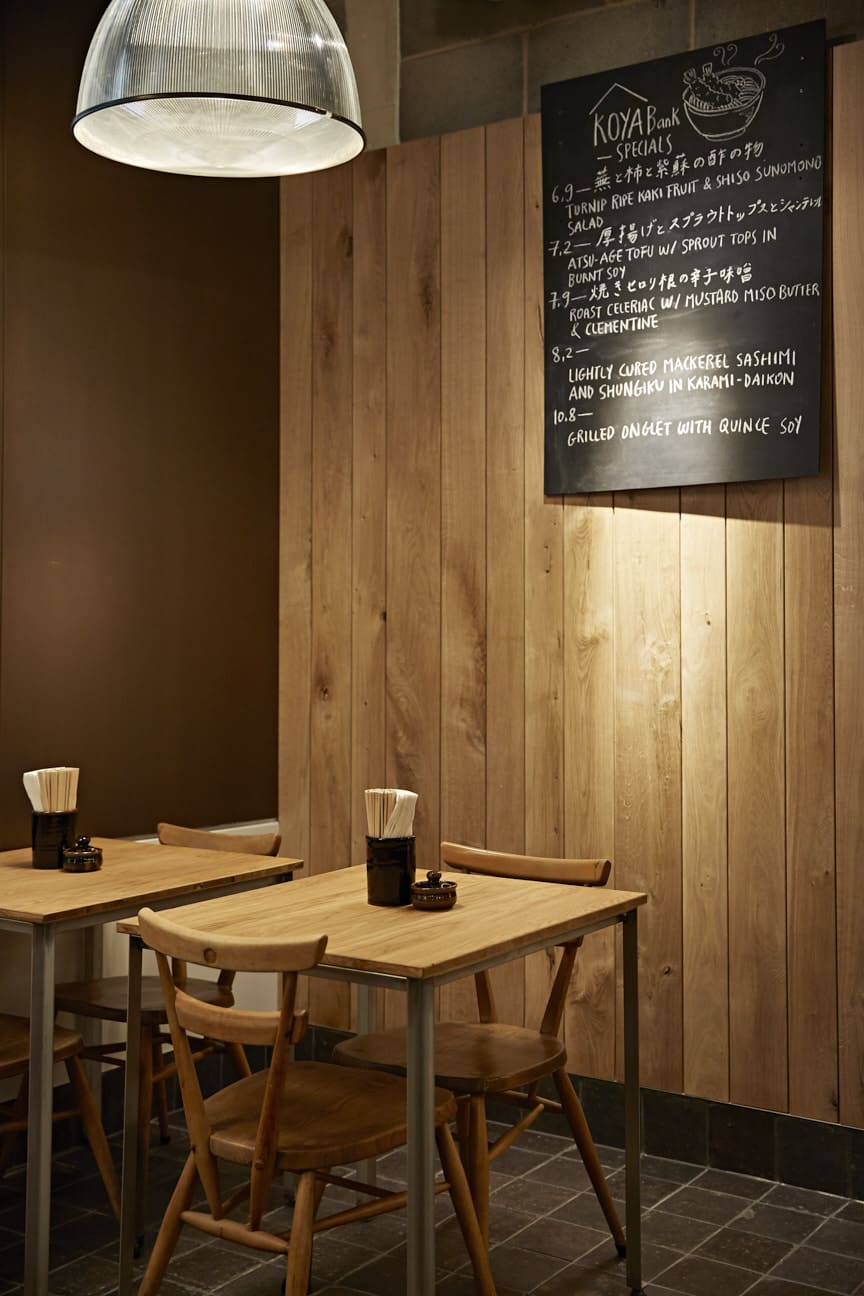
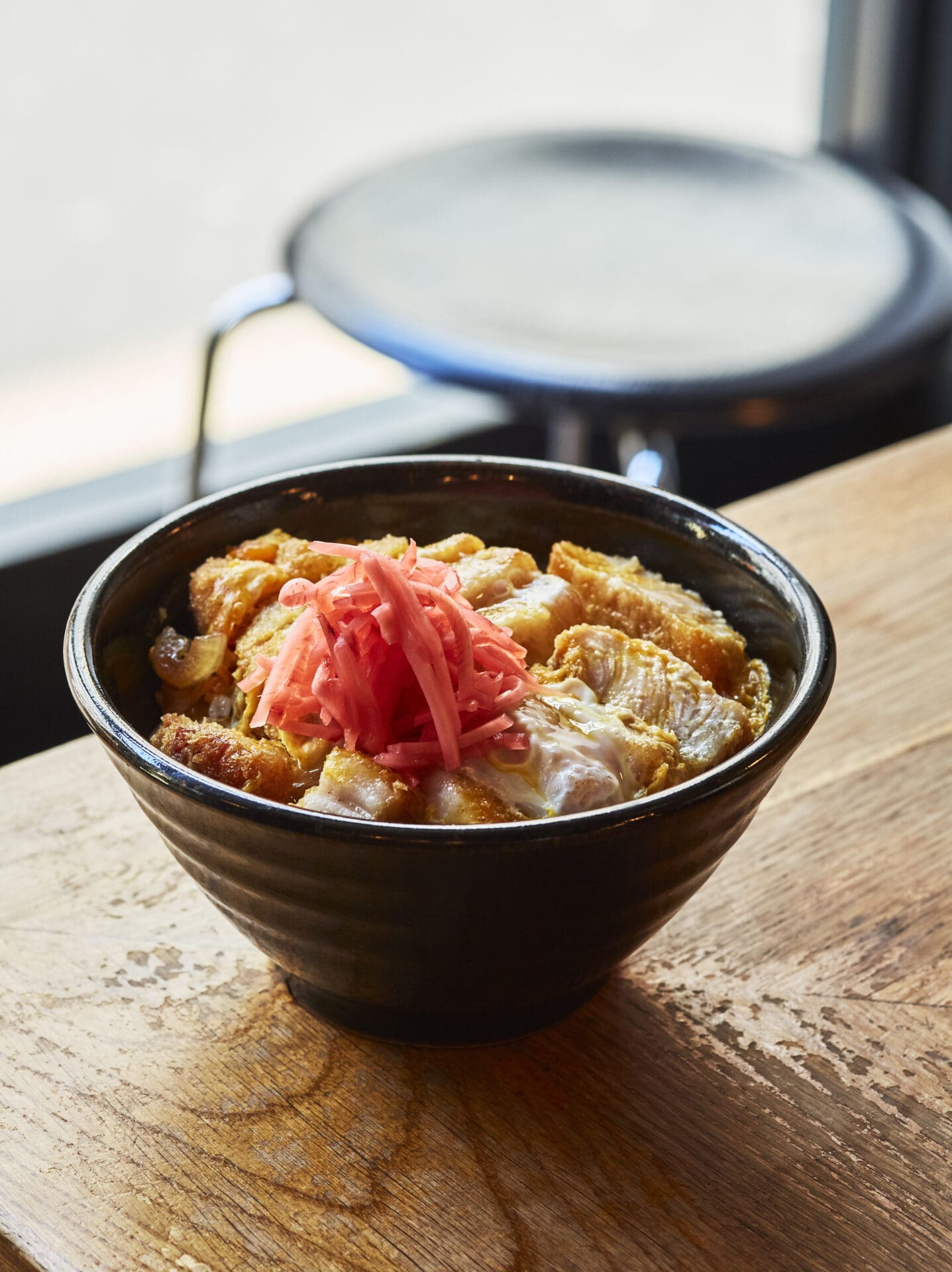
Is there a meal that you will remember forever?
When I was little I had quite a horrific cold or flu and was in bed for a good few days, which was very unusual for me. When I started to get my appetite back, my mum made really plain onigiri rice balls just with sea salt. There wasn’t anything in it – it was just a plain rice ball with freshly cooked rice and, no matter how much food I’ve tried, I still think it’s the most delicious thing I’ve ever eaten.
What’s the most memorable journey you’ve been on?
Me and my partner, before we had kids, went to stay in Rye on the southeast coast of England, but we had the worst weather. In spite of the rain, we decided to cycle along the coast to Dungeness, which was quite long, to see the Derick Jarman house. It was beautiful, but by the time we got there, I was soaking wet and exhausted. We didn’t really stay that long, but I did have some nice fish and chips. It’s funny what stays with you…
koya.co.uk. Photography by Sirui Ma
Koya is considered one of London’s essential restaurants, and its three sites are also in proximity to some of the city’s best bars.
